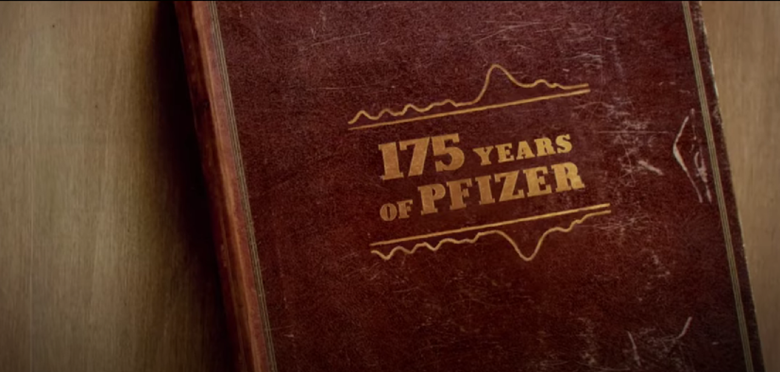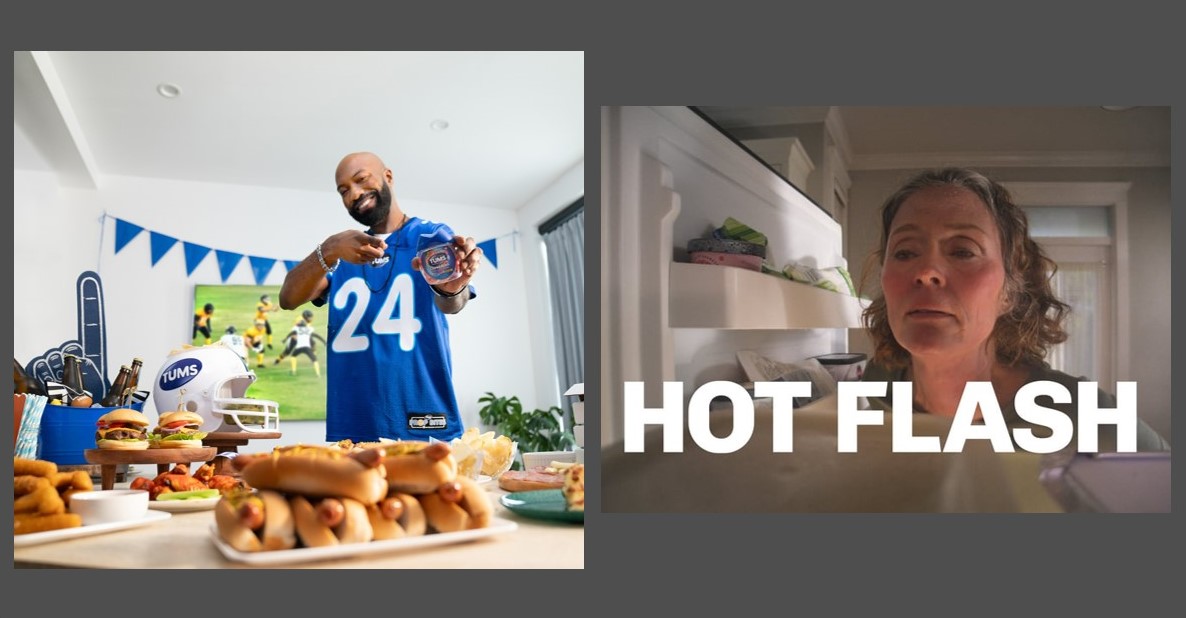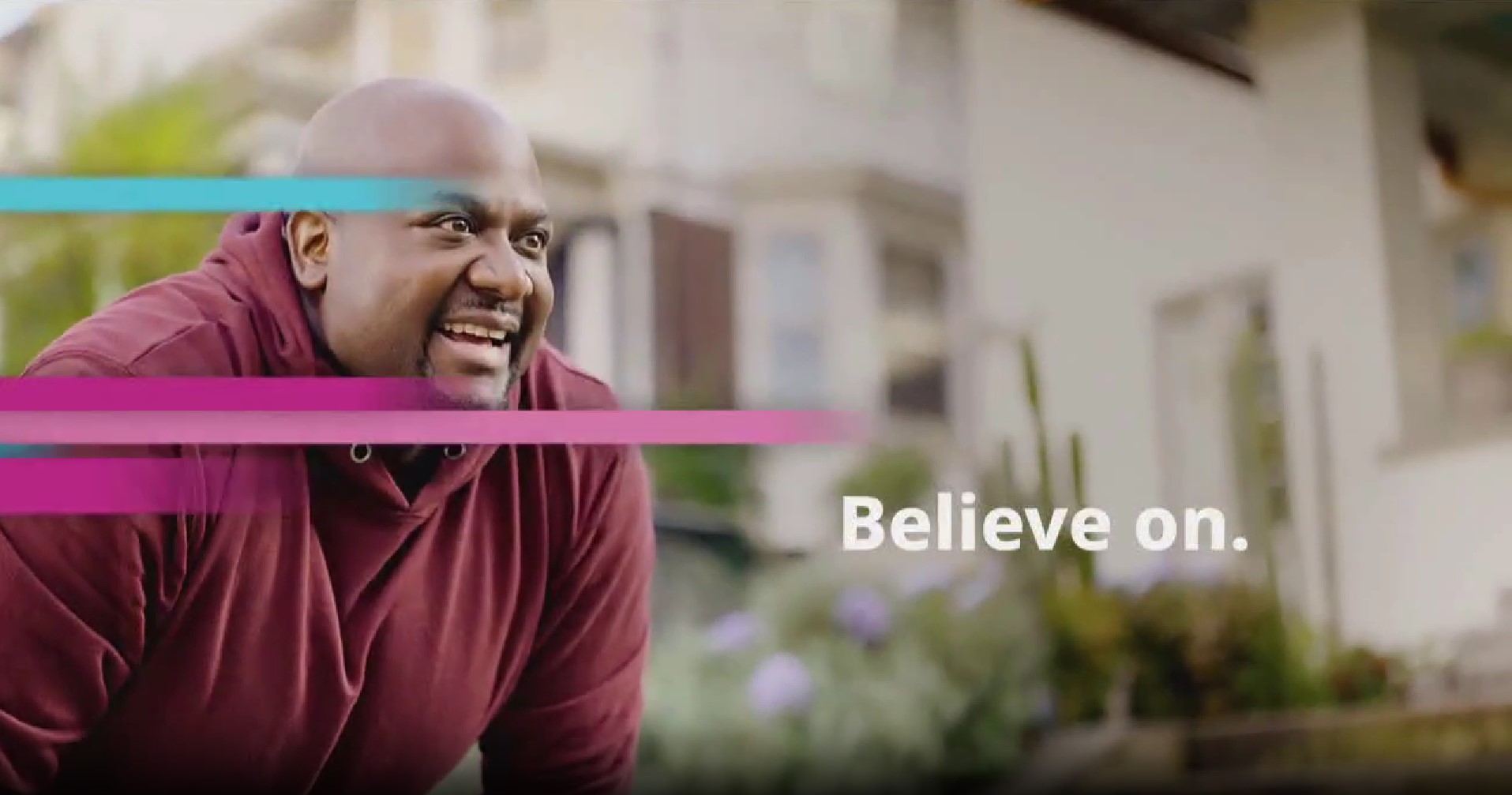The drug Humira®,produced by AbbVie Inc., specifically targets several autoimmune conditions including rheumatoid arthritis. Humira® mimics endogenous cellular activity and reduces expression tumor necrosis factor (TNF), an important regulator of inflammation. It is the top-selling drug in the world, but it comes with an expensive price tag, ranging from approximately, $20,000 to $50,000 a year.
A major patent on Humira® may expire December 2016 and there is much debate over its renewal by the patent trial and appeal board. The FDA is recommending green-lighting production of generic competitor biosimilars, and pharmaceutical giants like Amgen and Pfizer are crossing their fingers that the patent will expire since their generic versions are ready to market. Amgen, in fact, has already submitted a request to market a Humira® biosimilar to the FDA, and AbbVie responded with a lawsuit.
AbbVie says “not so fast” as they attempt to block the threat to their niche. They tout Amgen as a hypocrite, for Amgen staunchly defended its own biologic called Neupogen® and fought Novartis’ biosimilar Zarxio from being approved. Amgen defended its own biologic exclusivity by citing the difficulty involved with production, manufacturing, and distribution of such innovative and complex substances. The tables have turned as Humira® fights Amgen’s for similar reasons. Indeed, research and development for making such targeted, advanced treatment costs billions of dollars.
The competing drug companies producing the generic alternatives are resting on the Biologics Price Competition and Innovation Act (BPCIA) that was passed in 2010 to facilitate development of biosimilars. This year, there has been another proposal called the Price Relief, Innovation and Competition for Essential Drugs (PRICED) Act. It piggybacks on the BPCIA by proposing the previous 12-year biologic exclusivity previously granted be limited to only 7 years.
No matter how the battle between AbbVie and its competitors turn out, this kind of innovative technology will continue to improve. Europe has had biosimilars available for ten years, and no matter how much industry fights it, with the potential patent expiry of the world’s top-selling drug, it appears that more and more biosimilars may become available in the U.S in the near future.












Join or login to leave a comment
JOIN LOGIN